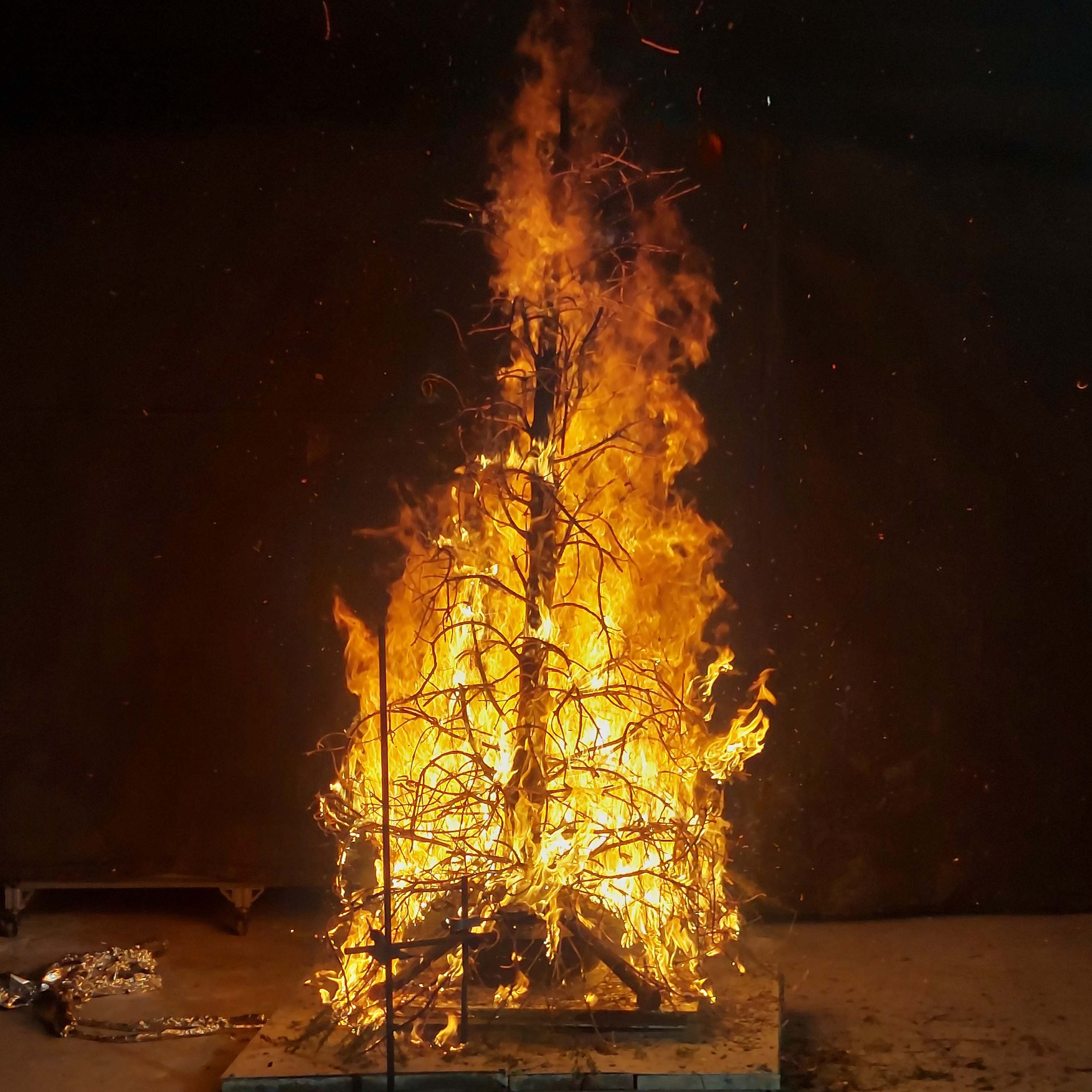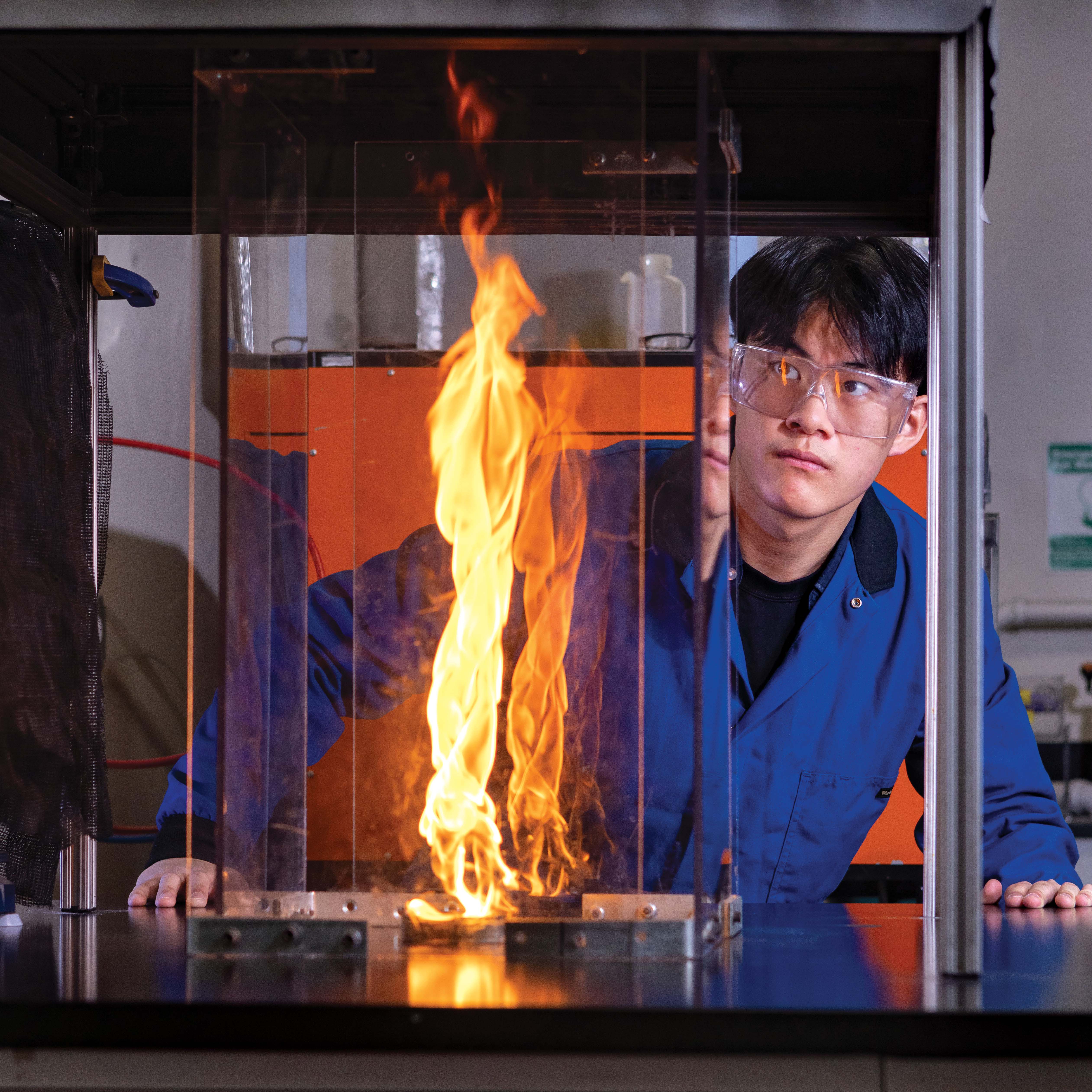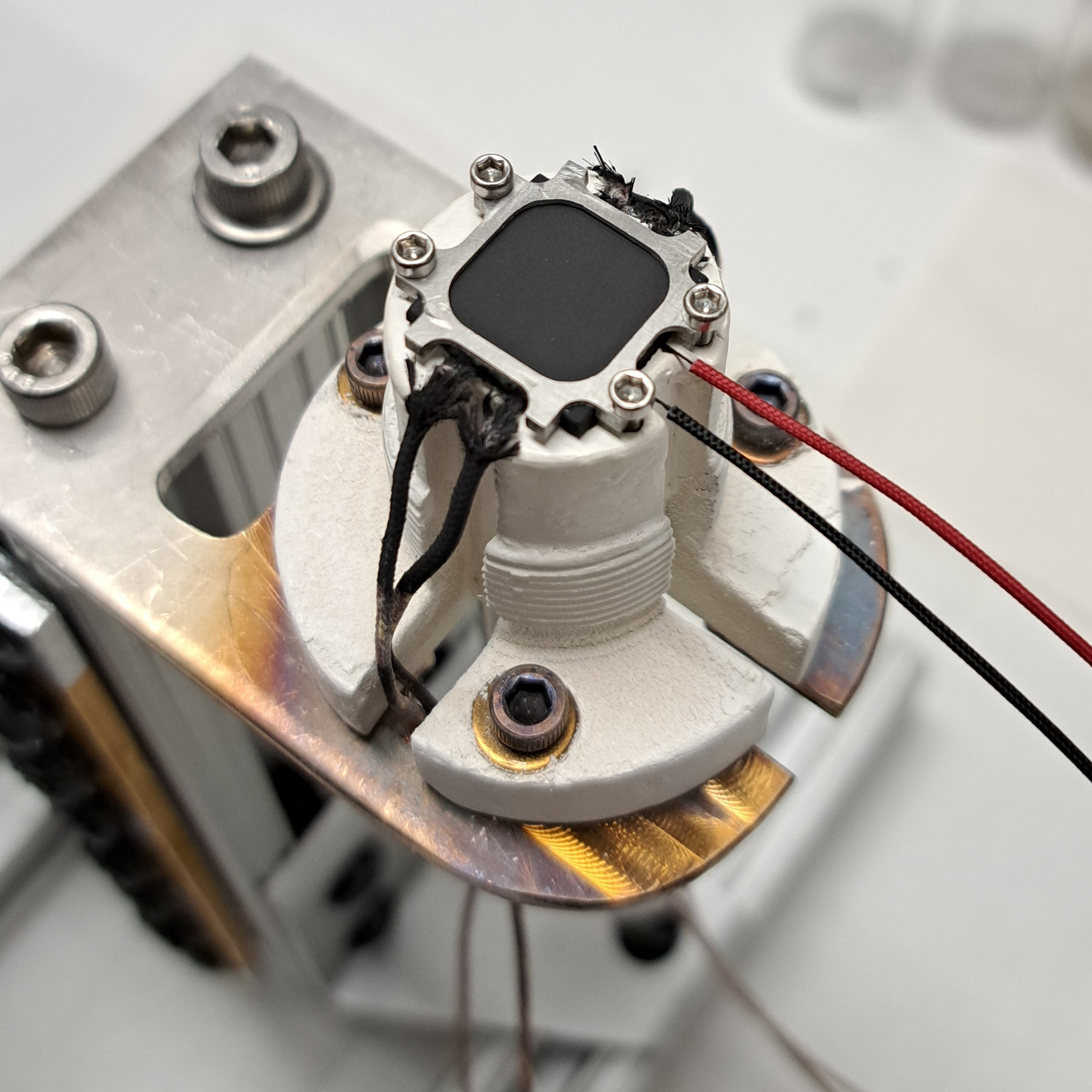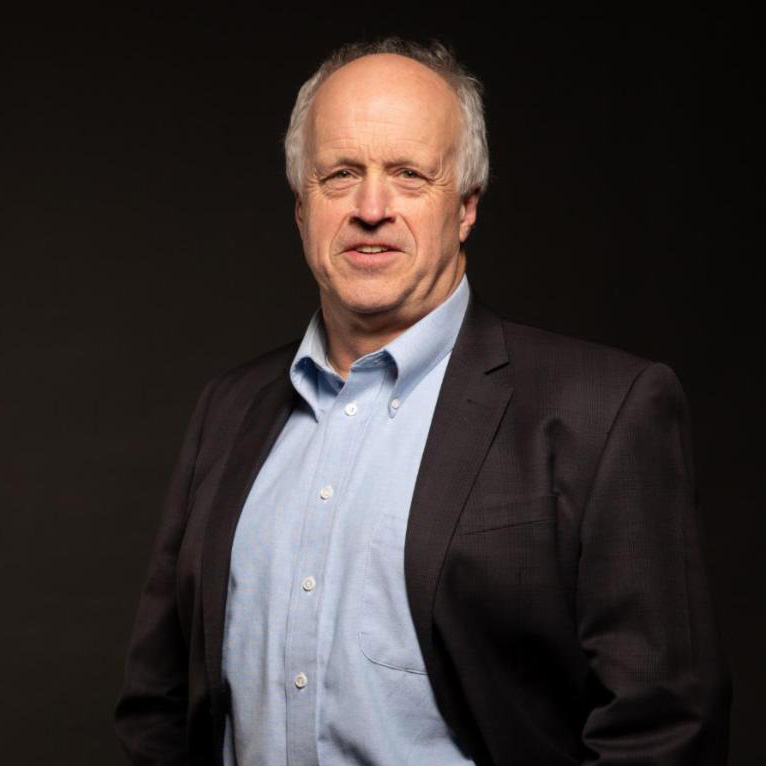News Story
UMD Startup Helps Design Highly Efficient Fire Sprinkler Systems
Fire sprinkler systems have become commonplace in commercial structures, and in some states, including Maryland, they are legally required in new residential construction of one- and two-family homes. But the design of these systems can be cumbersome and expensive. That’s where Fire Protection Engineering researchers at the University of Maryland come in.
Custom Spray Solutions (CSS), a startup comprised of UMD faculty and alumni, is working to solve problems and help advance the performance-based design of fire sprinkler systems.
Using the company’s revolutionary device—the 4S or Spatially-resolved Spray Scanning System—the team can calculate the efficiency with which fire sprinkler systems can saturate a surface.
4S generates a 3-D map of spray velocity, density, and drop size, leaving “nothing to guess,” according to Department of Fire Protection Engineering Associate Professor André W. Marshall, who is also Principal of CSS.
Marshall says that 4S gives unprecedented spray insight, and when coupled with CSS-designed software SprayVIZ, it can generate a real-time analysis of a sprinkler head’s wetting performance.
SprayVIZ generates valuable information that allows users to compare similar products, nozzle placement, and other design parameters.
Using SprayVIZ, it is also possible to evaluate and redesign systems that are non-standard resulting in better efficiency and performance.
Another product developed by CSS is fire suppression spray nozzles developed in partnership with the international Fog Inc.
Unlike traditional sprinkler heads, which feature a notched disc to disperse spray, CSS has designed a cylindrical nozzle with a rotating shaft of water for more efficient and uniform water delivery.
As part of their ongoing work, CSS engineers are also leveraging their measurement capability and software to help other manufacturers develop and design sprinklers.
“We hope that our measurement capability will facilitate development and analysis of our technology, helping to establish our leadership in the field and perhaps pave the way for acceptance of forthcoming product innovations by CSS,” says Marshall.
Marshall said that CSS was the outcome of the National Science Foundation’s Innovation Corps (I-Corps) program in 2012. He founded it with his colleagues Noah Ryder, UMD Fire Protection Engineering graduate who is also a principal at CSS and Stephen Jordan, the startup’s entrepreneurial lead who is presently enrolled in the same graduate program.
“Once we disclosed the invention, OTC was very helpful in providing support to pursue patents and options for exclusive licensing of the technology,” said Marshall, who is also Director of the Fire Testing and Evaluation Center (FireTEC).
According to Marshall, the original idea was to commercialize the spray measurement technology by directly selling the spray measurement device, but later realized that not only was the device expensive, the market was also limited.
“We also thought that we may be able to leverage our software capabilities to facilitate fire suppression system design. The market and value proposition for this approach is also small,” says Marshall.
Talking about future plans, Marshall says, “We hope that CSS will have successfully marketed innovated fire suppression products in 5 years while disrupting the way that these products are developed, designed, evaluated, and accepted [in the standards and approval community].”
To learn more about Custom Spray Solutions, visit: www.customspraysolutions.com.
Published December 14, 2015









